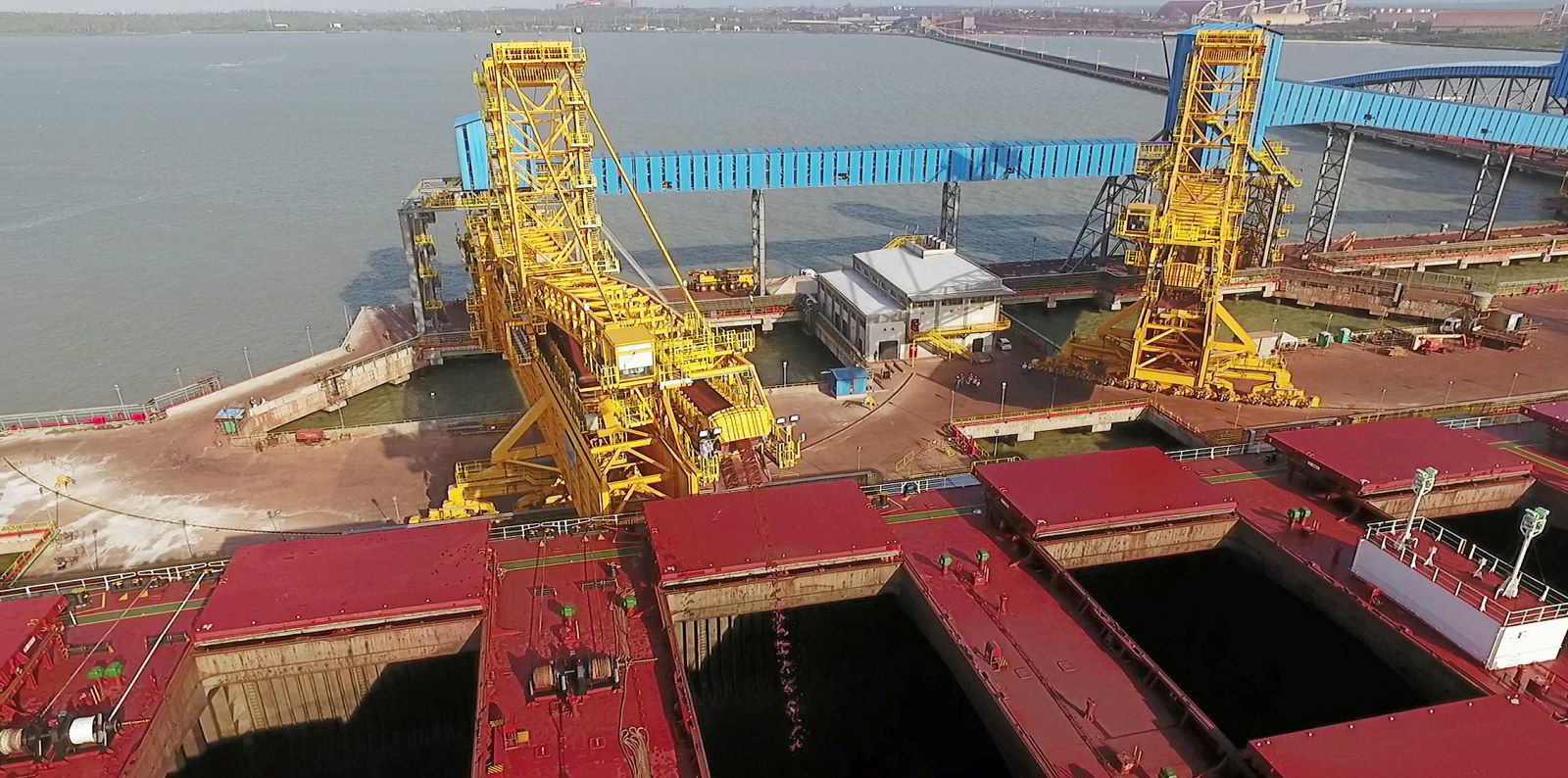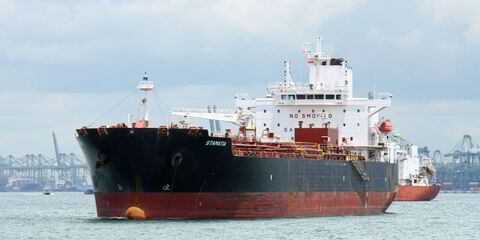Rio Tinto has forecast weaker-than-expected iron ore shipments this year due to the threat of Omicron and absenteeism once Western Australia reopens its borders.
Australia’s biggest exporter expects to ship between 320m and 335m tonnes this year from the Pilbara region.
The company also reported a 5% year-on-year decline in fourth quarter shipments to 84.1m tonnes, while annual shipment levels were down 3% to 321.6m tonnes.
Rio Tinto chief executive Jakob Stausholm said that while in 2021 the miner continued to experience strong demand for its products, operating conditions "remained challenging, including due to prolonged Covid-19 disruptions".
Rio Tinto’s bauxite production of 54.3m tonnes was 3% lower than 2020 due to severe wet weather in the first quarter impacting system stability throughout the year, equipment reliability issues and overruns on planned shutdowns at its Pacific operations.
Fearnley Securities said having cut its low-end guidance for 2022 in December by 5m tonnes to 320-335m tonnes versus 321.6m tonnes in 2021, the export growth from Rio Tinto will be in the -1% to 4% range.
Analysts Peder Nicolai Jarlsby, Erik Gabriel Hovi and Ulrik Mannhart said they would expect numbers to end up towards the lower end of the range.
"Similarly, we have seen Vale lower its 2021 guidance and like Rio, its low end of guidance suggest limited (if any) volume growth for 2022," they added.
RBC Capital Markets analysts said that Rio Tinto's operations continued to "meander" and mine capacity issues in iron ore are likely to weigh again in 2022, albeit on an already reduced forecast production profile.
"Although iron ore prices have provided the shares some solace in recent weeks, we continue to see a challenging outlook for iron ore over the course of 2022," they added.
In contrast, BHP has left production guidance unchanged for 2022 at between 249m tonnes and 259m tonnes in an update released Wednesday.
The company also posted a 5% rise in second-quarter iron ore production but warned of possible disruptions in Western Australia due to rising Covid-19 cases.
The proposed easing of Western Australia's border restrictions on 5 February may cause some short-term disruption to the operating environment as the pandemic evolves in the state, the company said.





